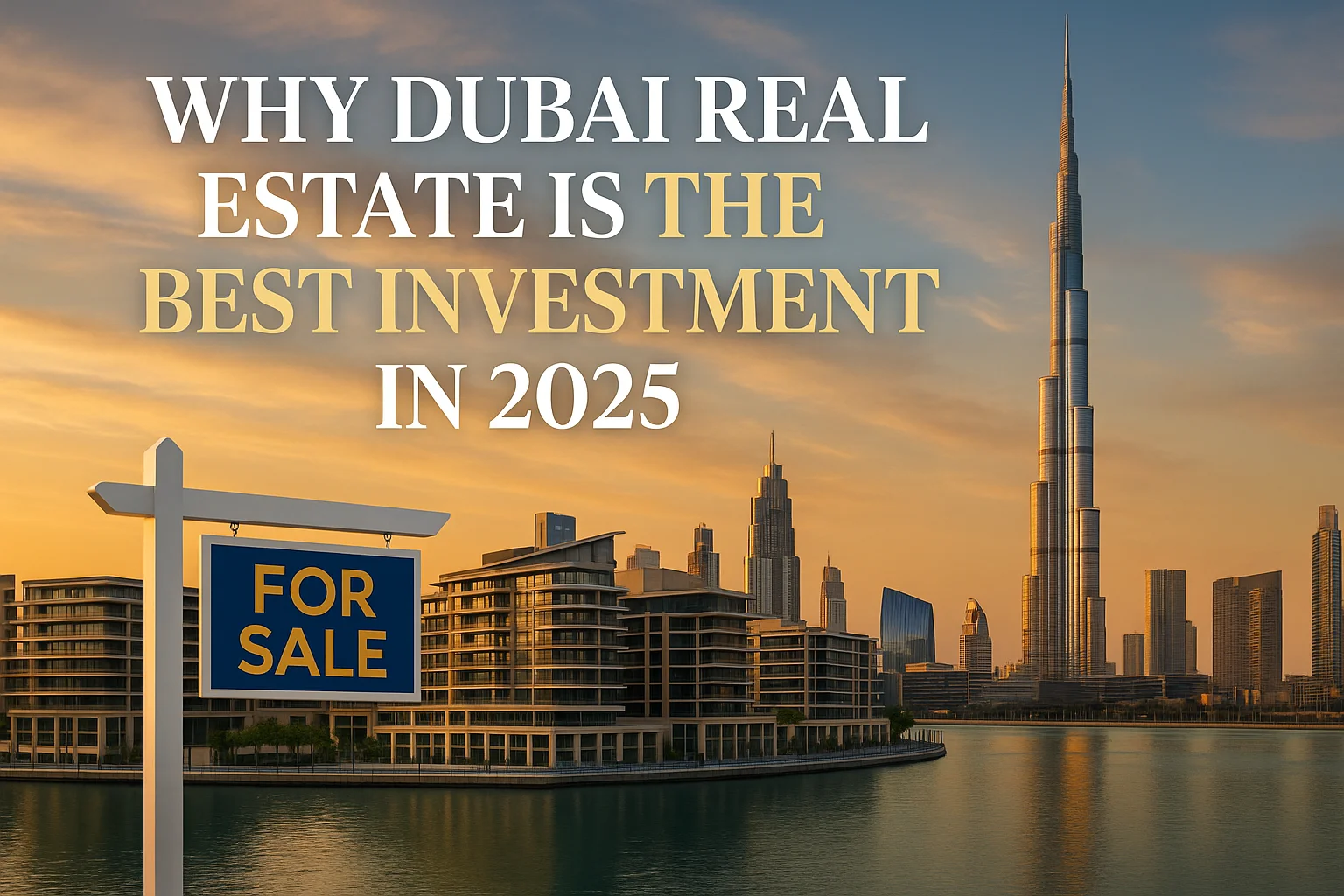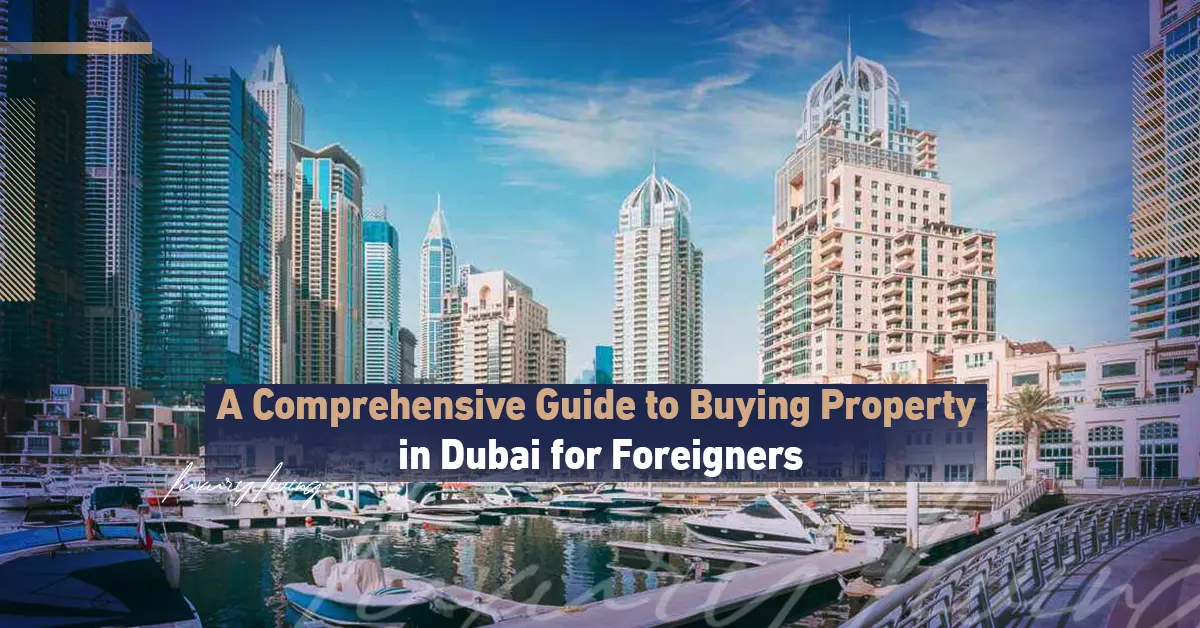Now Reading: Dubai Property Investment: 7 Key Reasons Foreigners Buy in 2025
-
01
Dubai Property Investment: 7 Key Reasons Foreigners Buy in 2025
Dubai Property Investment: 7 Key Reasons Foreigners Buy in 2025
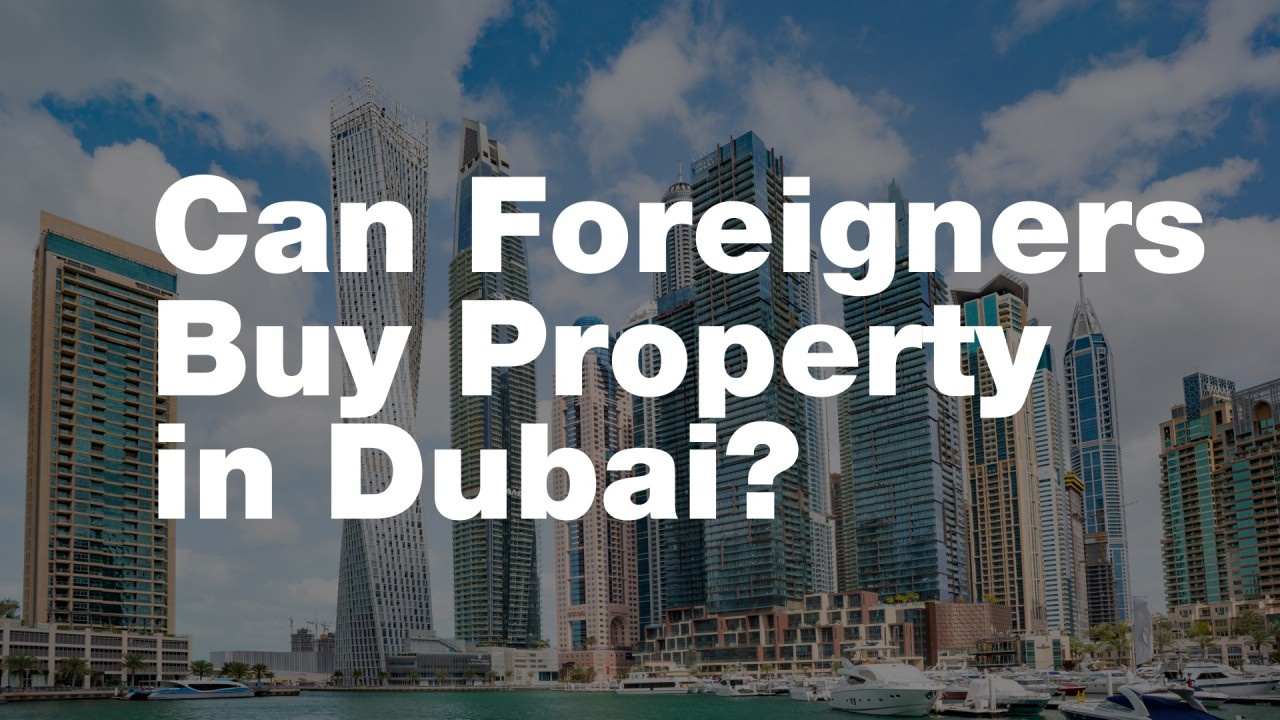
Table of Contents
Property Investment: Dubai’s real estate market in 2025 is a global hotspot, with 94,000 residential transactions worth AED 262.7 billion in H1, a 23.04% year-on-year increase. Foreign investors are drawn to freehold zones offering 6–12% rental yields, 5–15% capital appreciation, and tax-free returns.
Backed by infrastructure like the Blue Line Metro and a growing expat population of 4 million, Dubai combines financial incentives with lifestyle appeal. This article outlines seven key reasons foreigners are investing in Dubai’s property market in 2025, highlighting its stability, growth, and unique benefits.
1. Tax-Free Returns on Capital Gains and Rentals
Dubai’s tax-free environment is a major draw, with no personal income or capital gains taxes. A AED 2 million apartment in Dubai Marina yielding 8% generates AED 160,000 annually, fully tax-free. Selling a property with 10% appreciation (e.g., AED 200,000 profit) incurs no tax, unlike markets like the UK (up to 28%). For commercial rentals, DIFC or DMCC free zone companies can minimize 9% corporate tax on profits over AED 375,000. Investors should consult tax advisors to ensure Federal Tax Authority (FTA) compliance and maximize returns.
2. High Rental Yields Compared to Global Markets
Dubai offers rental yields of 6–12%, surpassing global hubs like London (4.5%) or New York (5.43%). Areas like Jumeirah Village Circle (7.5–9.3%), Dubai Marina (6–10%), and Dubai South (8–11%) ensure steady income, driven by 25 million tourists and high expat demand. A AED 800,000 studio in JVC can yield AED 74,400/year. Short-term rentals via Airbnb in Business Bay can hit 13.54%. Use the Dubai Smart Rental Index 2025 and platforms like Property Finder to optimize pricing and occupancy.
3. Golden Visa Residency for Long-Term Security
Investing AED 2 million in properties like villas in Dubai Hills Estate or apartments in Downtown Dubai qualifies foreigners for the UAE’s Golden Visa, offering 10-year renewable residency for themselves, spouse, unmarried daughters, and sons under 25. This allows sponsor-free living, working, and studying with no minimum stay requirement. Processing fees are AED 9,884.75 for the primary applicant (AED 5,774.50 per family member), requiring a title deed and health insurance. Verify eligibility via the Dubai Land Department (DLD) and engage legal advisors for seamless applications.
4. Affordable Entry Points with Flexible Payment Plans
Off-plan properties, dominating 63% of 2024 sales, offer low entry prices and flexible payment plans (e.g., 60/40 or 50/50). A AED 1.7 million apartment in Creek Waters II requires a 10% deposit (AED 170,000), with payments spread over construction. Residential off-plan purchases are VAT-exempt, saving 5% (e.g., AED 85,000). Projects like The Portman in JVC (from AED 420,000) make Dubai accessible compared to London (average £500,000). Verify escrow accounts via the DLD portal to ensure funds are protected.
5. Strong Capital Appreciation Potential
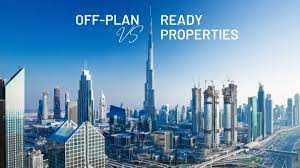
Dubai’s freehold zones like Dubai Creek Harbour (10–15%) and Palm Jumeirah (7–10%) deliver robust capital gains, driven by infrastructure like the Blue Line Metro and Etihad Rail. A AED 1.5 million apartment in Dubai South could appreciate by AED 150,000–225,000 by 2027. Off-plan projects like Bugatti Residences in Business Bay lock in lower prices for 10–15% gains by handover. Monitor trends via DXB Interact and DLD data to target high-growth areas like Al Furjan or Dubai South.
6. World-Class Infrastructure and Connectivity
Dubai’s infrastructure, including 91.5 km of new metro lines in 2025 and proximity to Al Maktoum International Airport, boosts property demand. Areas like Business Bay (near Red Line Metro) and Al Jaddaf (Green Line) offer seamless access to Downtown Dubai (10–15 minutes). Communities like Dubai Hills Estate provide golf courses, malls, and schools, enhancing tenant appeal. Infrastructure upgrades ensure long-term value, with properties near metro stations seeing up to 26.7% appreciation historically.
7. Stable and Transparent Regulatory Environment
Dubai’s real estate market is tightly regulated by the DLD and Real Estate Regulatory Agency (RERA), ensuring transparency and investor protection. Escrow accounts for off-plan projects safeguard funds, while RERA-registered agents and title deed verification via the DLD portal prevent fraud. Strict regulations, like mandatory developer ratings and project tracking, minimize risks compared to less-regulated markets. Engage RERA-registered professionals and verify compliance to avoid scams, ensuring a secure investment process.
Strategic Tips for Foreign Investors
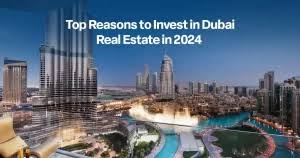
- Target high-yield areas like JVC or Dubai South for affordability, or Dubai Marina for luxury rentals.
- Budget for costs: 4% DLD transfer fee (often split), 2% agent commission plus 5% VAT, service charges (AED 7–30 per sq. ft.), and 0.25% mortgage fees plus AED 290 if financing.
- Optimize rentals via Airbnb for tourist-heavy zones or long-term leases in family-friendly areas, using the Dubai Smart Rental Index 2025 for pricing.
- Verify developer reliability (Emaar, Nakheel, Omniyat) and escrow accounts via the DLD portal to mitigate risks.
- Use DXB Interact, Property Finder, and DLD data for market insights and appreciation trends.
- Engage RERA-registered agents and legal advisors to ensure compliance with DLD, FTA, and RERA regulations.
Conclusion
In 2025, Dubai’s property market captivates foreign investors with tax-free returns, high rental yields, Golden Visa benefits, affordable entry points, strong capital appreciation, world-class infrastructure, and a stable regulatory environment. Freehold zones like Dubai Marina, JVC, and Dubai Creek Harbour offer diverse opportunities for steady income and long-term wealth.
By leveraging flexible payment plans, verifying compliance with DLD, and using market tools, foreigners can confidently invest in Dubai’s dynamic real estate market, securing financial and lifestyle benefits in a global hub.
read more: Dubai Property 2025: 6 Safe Investment Zones for Steady Returns



